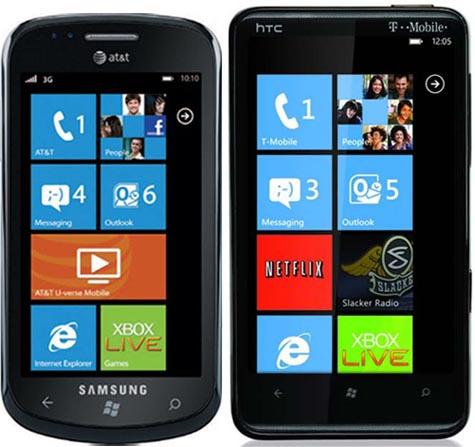
By now, we're all well aware of the strict spec/design requirements that Microsoft has set for devices running Windows Phone 7. While it's nice to know that we we're won't be surprised (in a bad way) by any WP7 devices, some users have been turned off from the platform because of the strict requirements for the handsets. Unfortunately, it doesn't look like that will be changing any time soon, as Joe Belfiore, director of Windows Phone Program Management, said that it could be years before WP7 makes enough progress to allow for different designs and form factors than what is currently available. This includes putting WP7 on more entry-level handsets. When asked about how well Microsoft's new OS has been selling in its first couple of months of availability, Belfiore said that it was "just too soon to talk about numbers.”
While there's not really anything wrong with the current hardware running Windows Phone 7, it would be nice to see it on some different form factors. The wide range of available designs running Android is one of the things that makes the OS so popular, and a variety of hardware is something that WP7 could really benefit from. The OS is still young, so it needs all the help it can get. It also kind of worries me that Microsoft is still hesitant to let us know sales numbers. It'd be nice to at least get some sort of idea of how the new platform is doing, but since Microsoft refuses to let the info out, a lot of people are just going to assume that it's doing poorly. That, like the lack of different kinds of hardware, could end up driving away users and developers, which is the last thing that Microsoft needs right now.
UPDATE: Microsoft may not be willing to talk WP7 sales numbers, but AT&T isn't staying quiet. Although he didn't disclose concrete numbers, AT&T's Glenn Lurie said at the D: Dive Into Mobile conference that his carrier is "excited" about Windows Phone 7 and that they're pleased with sales.